I visited Louisville for the first time last weekend to run in the Kentucky Derby Festival Marathon. Stay there. Before you close your browser or throw your paper in the recycling bin, I swear this isn’t about running. I’m just setting the scene. Anyway, Louisville wasn’t exactly on my bucket list, but I wanted a race in late April or early May within driving distance. There was a race in Nashville the same weekend, but this is a hobby. The hills and humidity, with NFL Draft bros folded into the usual mix of pedal taverns and interstate chaos do not match my definition of fun, so I continued north up I-65.
My preexisting knowledge of Louisville comprised three things: bourbon, horses, and a college basketball rivalry that predates my existence. What I discovered was a comfortably sized city next to a river, with a couple of cool bridges and some friendly people. I felt a kinship. Sorry, basketball old-timers, they’re like us.
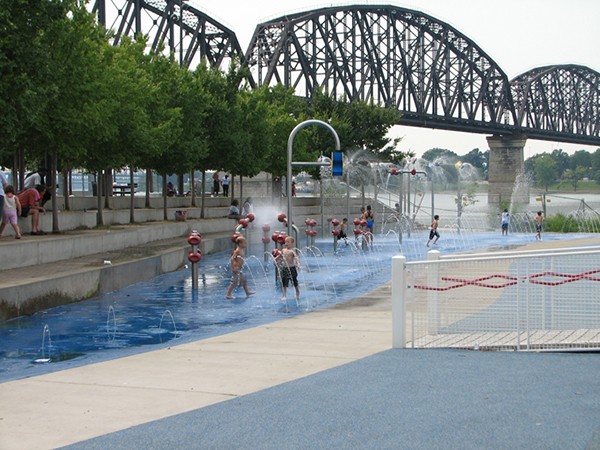 Louisville CVB
Louisville CVB
Water park feature in Louisville’s Waterfront Park.
Granted, I was only among them for a weekend. They could excel at first impressions and Southern fake-nice. But my presumptions about bourbon and horses proved accurate: It’s a city that is Proud of Their Thing. Sound familiar?
The marathon is a week before the Kentucky Derby. I had assumed it was part of a Derby Week kickoff of sorts, but it turns out those folks have been partying for about a month. The Kentucky Derby Festival is, I suppose, Louisville’s Mardi Gras. Or some other month-long celebration of a city’s cultural identity and stuff.
The race started in Downtown Louisville, passed through Churchill Downs, and finished in Waterfront Park. Waterfront Park overlooks the Ohio River. A mile-long railroad bridge, converted for pedestrians and cyclists, connects the park to Indiana on the other side. I’ve seen similar in other cities, with one notable example. During the festival, the park is home to the “Kroger Fest-a-Ville,” with food vendors, music stages, bars, and beer gardens.
The Fest-a-Ville hosted a kickball game, a yoga class, a wrestling competition, two concerts, a rubber duck derby, a drag show brunch, and a fitness expo — just while I was in town. After the festival, the park no doubt returns to its regular programming: a riverside gathering spot with bike tours, food carts, summer concerts, a playground and splash pad for kids, an old steamboat, and gorgeous sunset views.
Waterfront Park is not the festival’s only venue, of course — the big to-do is at Churchill Downs — but wouldn’t it be silly to limit the festivities to one location? After all, it’s a celebration of the community, not just an 80-acre sliver of Downtown. Louisville Slugger Field (add those baseball bats to the list of Louisville pride points) hosts a food festival. Hot air balloons race from Bowman Field Airport. Drum lines perform in the Louisville Palace theater. I think I saw that there are 70 events in all, with something for just about everyone.
By this point, I hope you’ve figured out that this isn’t about my weekend trip to Louisville. It’s May now, and a month we’ve long associated with celebrating Memphis is still tainted by uncertainty and pettiness regarding the future of our riverfront park and the Memphis in May International Festival.
We can recognize the festival’s contributions — from its role in Downtown’s revival to the enduring economic impact — while acknowledging that Tom Lee Park’s potential is shamefully unmined. Maybe we can also approach the possibility that Memphis in May’s two cornerstone events have already outgrown the park, and this is an opportunity to evolve a little. Those barbecue “tents” can only get so tall, right? The Beale Street Music Festival can’t bring the big acts people want to see, without the space to accommodate their fans. Maybe more Memphians can participate and feel included if the festival’s footprint expands or moves.
Memphis in May can become more than Tom Lee Park, and vice versa. I’ve seen the possibilities with my own eyes. When both sides can come together on a way to make it happen, there may be some compromising and adapting — but just because something has “worked” for a long time, doesn’t mean it cannot improve.
Jen Clarke is a digital marketing specialist and an unapologetic Memphian.
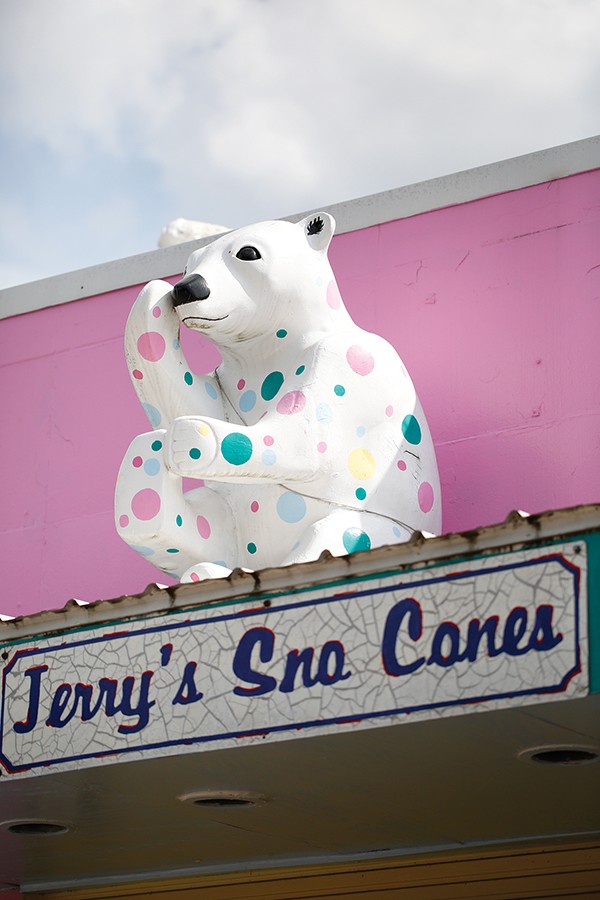 Justin Fox Burks
Justin Fox Burks 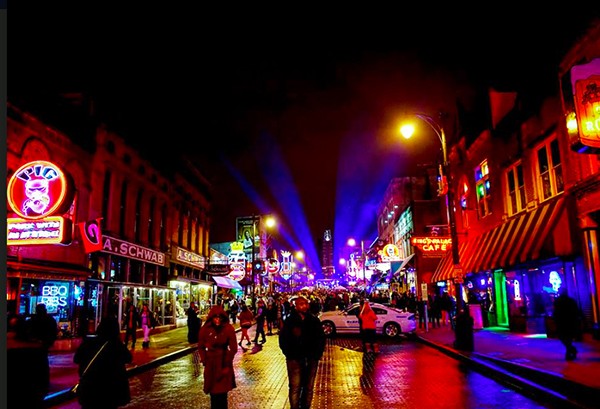 Beale Street Merchants Association
Beale Street Merchants Association 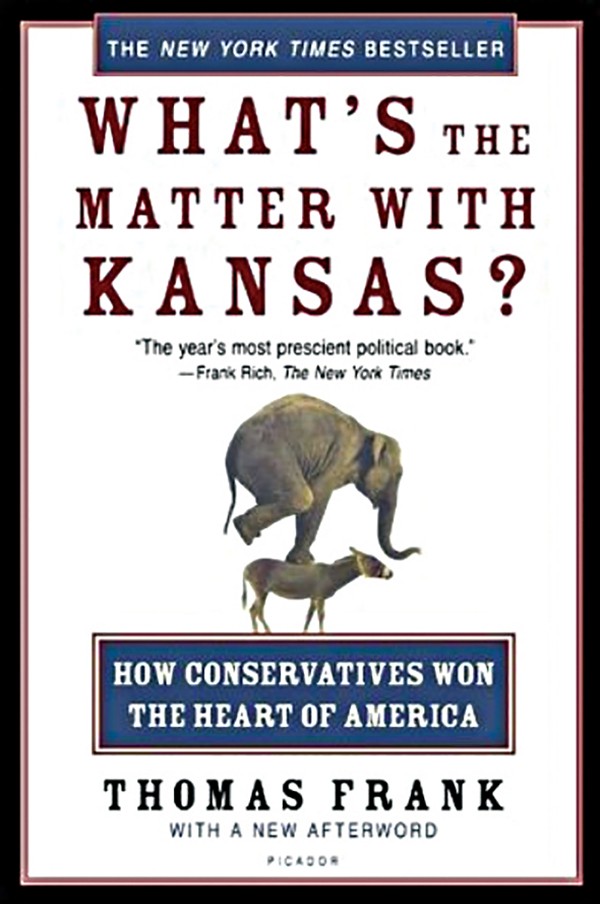
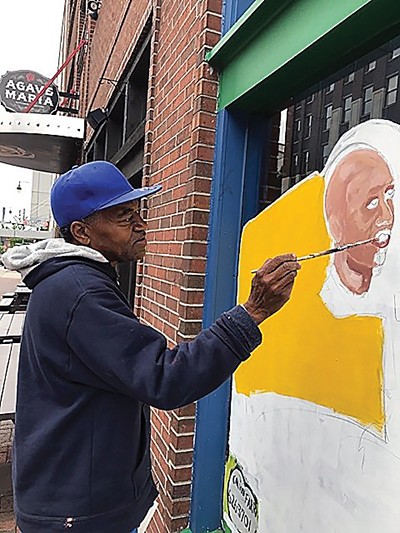 Susan Ellis
Susan Ellis  Michael Eldridge | Dreamstime.com
Michael Eldridge | Dreamstime.com  Andrea Zucker / © Memphis Convention & Visitors Bureau
Andrea Zucker / © Memphis Convention & Visitors Bureau 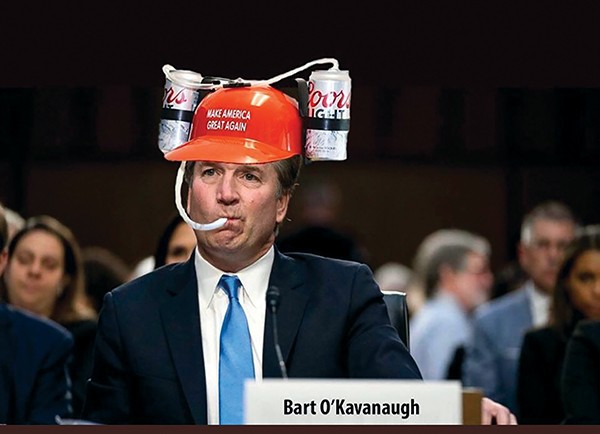 Tony Posnanski via Twitter
Tony Posnanski via Twitter 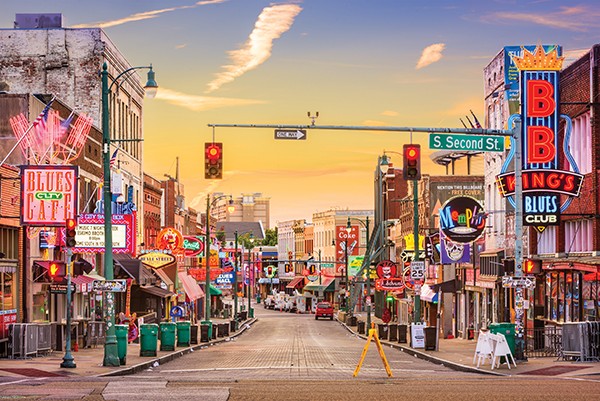 Sean Pavone | Dreamstime.com
Sean Pavone | Dreamstime.com 